How we remember changes how we have lived. Time runs both ways. We make stories of our lives
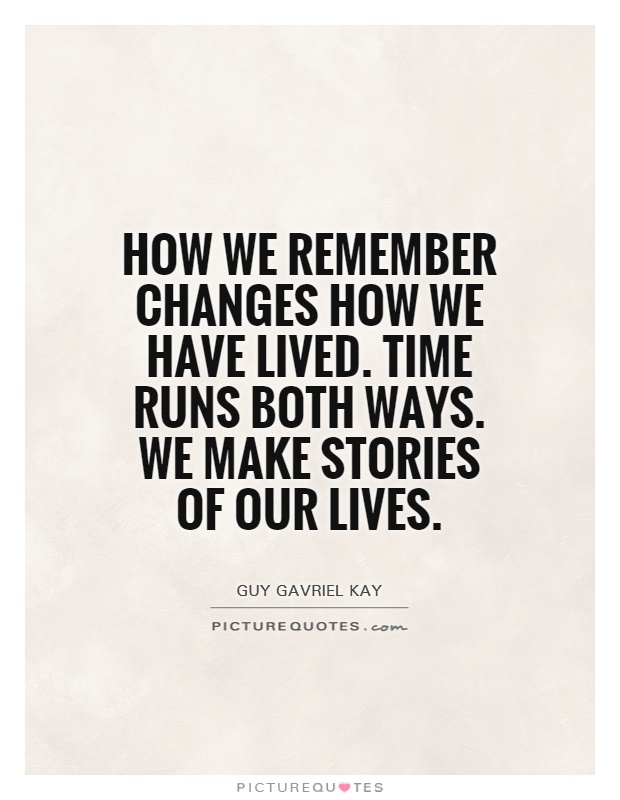
How we remember changes how we have lived. Time runs both ways. We make stories of our lives
Guy Gavriel Kay is a masterful storyteller who often explores the themes of memory, time, and the ways in which we construct narratives of our lives. In his novels, Kay delves into the idea that how we remember our past experiences can shape the way we have lived and continue to live. He suggests that time is not a linear progression, but rather runs both ways, with the past influencing the present and the present shaping our memories of the past.One of Kay's most famous works, "Tigana," exemplifies this theme of memory and its impact on our lives. In the novel, the people of the land of Tigana have had their memories erased by a powerful sorcerer, leaving them with only fragmented recollections of their past. As a result, they struggle to reclaim their lost history and identity, and their lack of memory affects the way they perceive themselves and their place in the world.
Through the characters in "Tigana," Kay explores the idea that memory is not just a passive recollection of past events, but an active process of constructing meaning and shaping our sense of self. The characters in the novel must confront their own memories and the stories they have told themselves about their lives in order to reclaim their lost identity and agency.
Kay's exploration of memory and storytelling in his novels reflects a larger philosophical question about the nature of time and the ways in which we make sense of our lives. He suggests that our memories are not fixed and unchanging, but are constantly evolving and being reshaped by our present experiences and perspectives. By examining the ways in which we remember and tell stories about our lives, Kay invites us to consider how our past influences our present and how our present shapes our memories of the past.



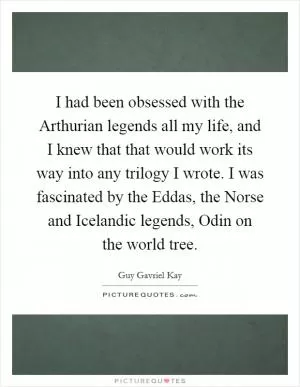

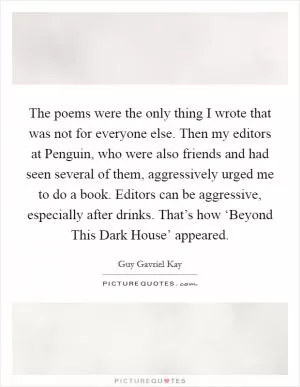

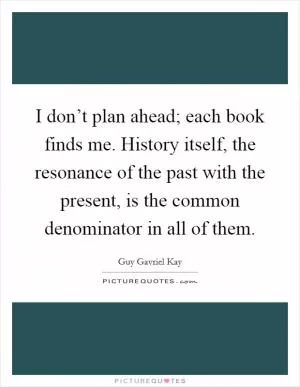
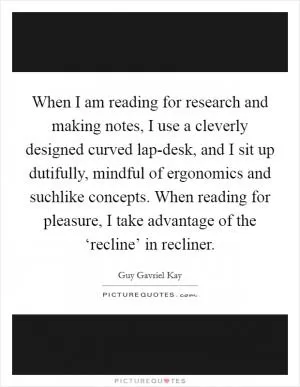
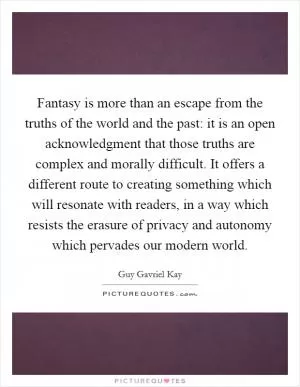

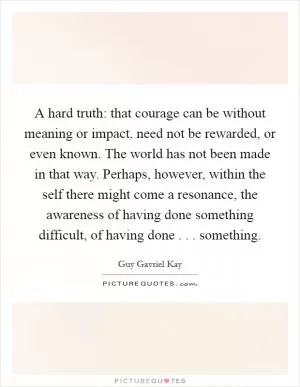
 Friendship Quotes
Friendship Quotes Love Quotes
Love Quotes Life Quotes
Life Quotes Funny Quotes
Funny Quotes Motivational Quotes
Motivational Quotes Inspirational Quotes
Inspirational Quotes